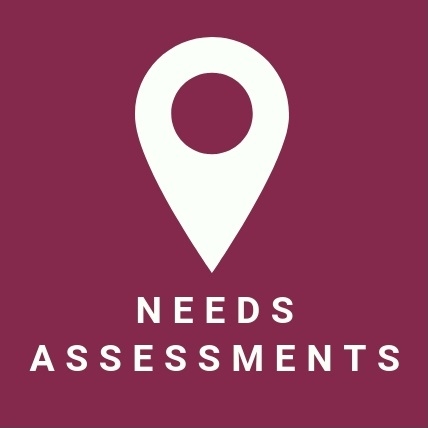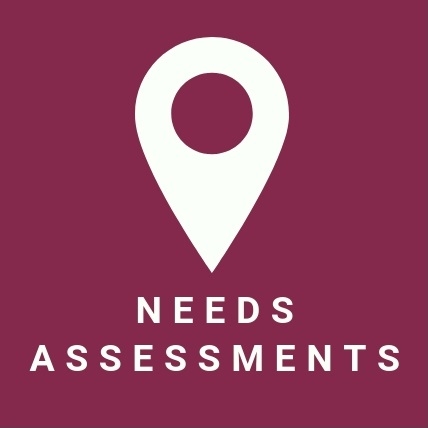Projects
CCBR typically has 15-20 ongoing projects and has completed over 500 projects since 1982. Each project is guided by our commitment to impacting social change in practical and powerful ways. We conduct research with people not on people, cultivating respect with communities at every step of the process.
Projects can be searched for using words from the project title or using the service area, theme, or date range for the project. You can also type 'Service Area' or 'Theme' into the search bar to get a list of options in each of these fields.
Projects
CCBR evaluated the Direct Funding program, an initiative to provide funds through for adults with physical disabilities to take full responsibility for managing their own attendants. The evaluation was funded by the Centre for Independent Living Toronto (CILT).
CCBR, in conjunction with Renison University College, conducted a needs assessment to understand, from the perspectives of key stakeholders, the extent and nature of the need for a Master's program in community-based research for social development.
CCBR provided research support to a community food security initiative in Chatham-Kent. The initiative identified community needs, priorities, and desired policies in order to improve access to healthy and local foods. CCBR developed data collection tools, analyzed the data, and wrote a comprehensive report for the municipality. The research was funded by Chatham-Kent Public Health Unit.
This project included the design and analysis of a feedback survey for parents with children in YMCA preschool programs in Hamilton, Burlington, and Brantford.
Youth participants identified the most pressing anti-violence issues for their peers in six Greater Toronto Area schools and organized an event to create awareness. CCBR conducted an evaluation of this initiative by developing all data collection tools, a youth researcher guide, and training youth researchers to carry out data collection. The evaluation was funded by the Metropolitan Action Committee on Violence Against Women and Children (METRAC).
The purpose of this evaluation was to assess the impacts of the Lunch & Learn smoking cessation program, share the findings with the Bruce Grey community, and make recommendations for future directions of the program. The evaluation was funded by Keystone Child, Youth & Family Services.
This project’s purpose was to conduct a process and impact evaluation of a program providing French language mental health services to the Francophone population of Waterloo Wellington Local Health Integration Network (WWLHIN). The evaluation was funded by Trellis Mental Health and Development Services.
CCBR was contracted to conduct a process and outcome evaluation of three independent facilitation sites that support people with disabilities and their families. The sites that were evaluated were Facile, Perth County, PLAN Toronto, and Facile, Waterloo.
CCBR supported Community Living St. Mary's and Area to complete its Ontario Trillium Foundation grant report for a program called Facile: Independent Facilitation Perth County. Expected results of the grant were to 1) build capacity of the disability leaders learning group and 2) develop new partnerships, collaborations, and networks for family-to-family learning groups.
This project was a developmental evaluation of an arts-based intervention led by Aiding Dramatic Change, which facilitated cross-generational dialogue and relationship-building among adults and youth in newcomer communities in Niagara Region. The evaluation was funded by Ontario Trillium Foundation.
CCBR worked with UW D.I.R.E.C.T.I.O.N.S, a post-secondary information and career readiness conference for Indigenous Youth across Ontario sponsored by St. Paul’s University College. CCBR’s mandate was to: strengthen conference tracking, engage Indigenous youth who participate in the conference, and evaluate its effectiveness.
CCBR evaluated the Job Search Workshop Program (JSW), designed to ensure that “newcomers have the knowledge and skills to better understand the strategies, business perspective, and next steps of their job search process”, for its curriculum’s implementation and outcomes. The evaluation was funded by COSTI Immigrant Services.












